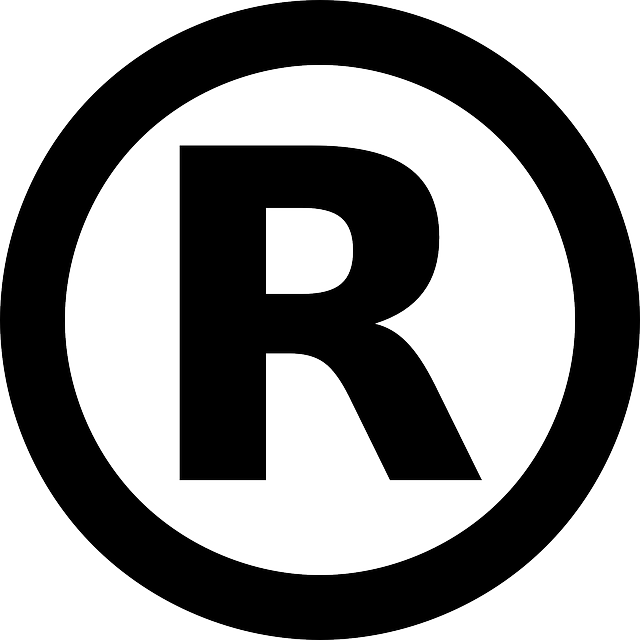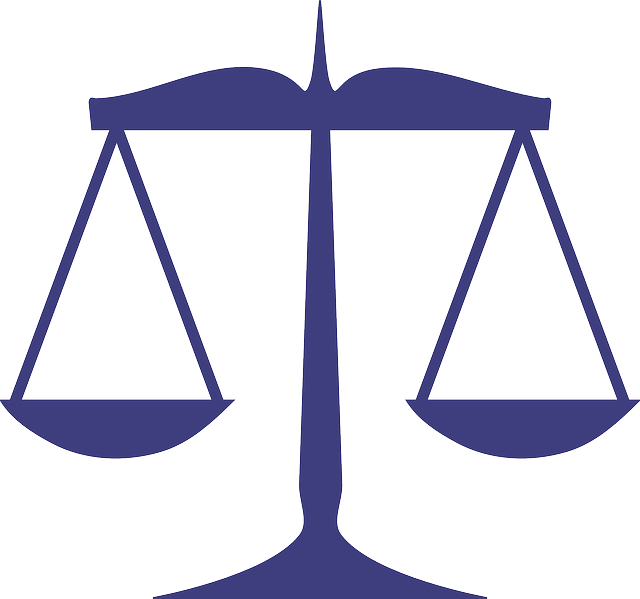Workplace wrongful death cases arise from negligent or intentional acts leading to fatal employee injuries, requiring understanding of legal dynamics. Accident lawyers assist families in pursuing claims against negligent parties for financial compensation and accountability. Insurance providers cover funeral expenses, loss of income, and property damage claims resulting from workplace negligence. Navigating the complex claims process involves gathering evidence, reviewing contracts, and understanding liability through insurance policies.
In the realm of workplace wrongful death cases, insurance plays a pivotal role in managing compensation and mitigating liability. This article delves into the intricate dynamics between insurers and claimants, exploring key aspects such as understanding these unique legal scenarios, the insurer’s responsibility in facilitating justice, and navigating the complex claims process. By examining these facets, we gain insights into how insurance companies contribute to resolving and preventing future workplace fatalities.
- Understanding Workplace Wrongful Death Cases
- The Insurance Provider's Role in Compensation and Liability
- Navigating the Claims Process and Legal Implications
Understanding Workplace Wrongful Death Cases

Workplace wrongful death cases arise when an employee’s life is lost due to another party’s negligence or intentional actions within a professional setting. These incidents can result from various scenarios, such as accidents involving machinery, exposure to hazardous substances, or even employment-related stress leading to medical emergencies. Understanding the dynamics of workplace wrongful death is crucial for both victims’ families and employers, as it paves the way for seeking justice and ensuring accountability.
In these cases, an accident lawyer plays a pivotal role in navigating complex legal territories. They help grieving families understand their rights and guide them through the process of filing claims against negligent parties, which could include employers or coworkers involved in partnership disputes or employment disputes. This not only provides financial compensation for loss but also holds responsible those whose actions or inactions led to an individual’s untimely death.
The Insurance Provider's Role in Compensation and Liability

In the event of a workplace wrongful death, insurance providers play a pivotal role in compensating victims’ families and managing liability. When an employee passes away due to work-related circumstances, such as an accident or occupational disease, the employer’s insurance policy kicks in to cover funeral expenses, loss of income, and other related costs. The insurance provider assesses the situation, investigates the incident, and determines the extent of their financial responsibility based on the policy terms and applicable laws.
Moreover, these insurers can also be held accountable for property damage claims resulting from workplace negligence. For instance, if a construction site fire causes significant property damage, the insurer might face additional liability beyond the immediate compensation to the deceased’s family. Similarly, in cases of nursing home neglect leading to wrongful death, insurance providers must cover legal fees and settlements, ensuring that the victims’ families receive justice.
Navigating the Claims Process and Legal Implications

Navigating the claims process for a workplace wrongful death case can be complex and emotionally taxing. Families often find themselves overwhelmed by the legal intricacies involved, from gathering evidence to understanding their rights under employment contracts. The initial steps include reporting the incident to relevant authorities and seeking medical records, which are crucial for building a strong case. This process requires careful documentation of all circumstances leading up to the death, including any previous safety concerns or property damage claims reported by the deceased or colleagues.
Legal implications extend beyond the immediate financial compensation for loss. Employment contracts often include provisions related to dispute resolution and liability, which can significantly impact the case’s outcome. In some instances, these contracts may even include clauses that limit the employer’s responsibility in cases of wrongful death. It’s essential to thoroughly review these agreements while considering potential contract disputes that could arise. The insurance policy itself becomes a critical component, determining coverage limits and the extent to which the insurer will support the claim, especially when dealing with substantial workplace injuries or fatalities.
Insurance plays a pivotal role in managing and mitigating the financial burden associated with workplace wrongful death cases. By understanding their responsibilities, insurance providers can facilitate the claims process, offering compensation to affected families while navigating complex legal implications. This ensures that victims’ loved ones receive support during an otherwise challenging time, promoting fairness and accountability in the event of workplace fatalities.






